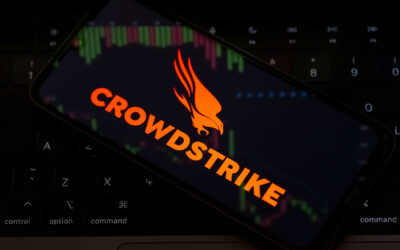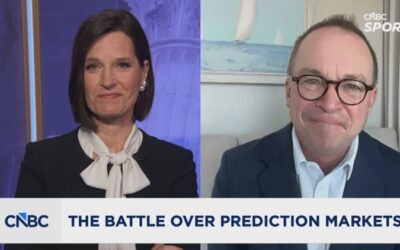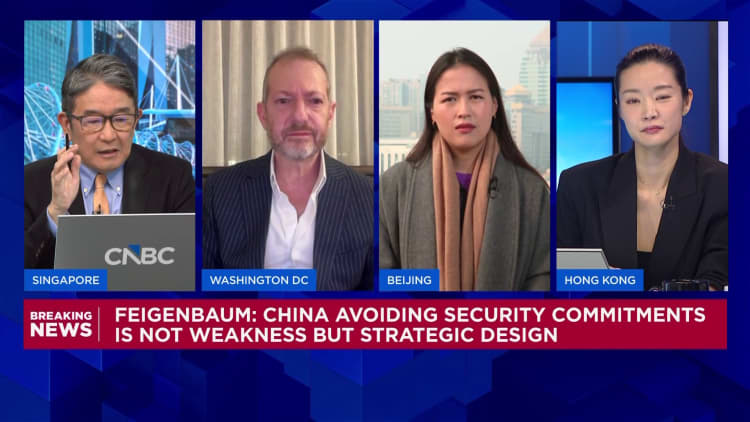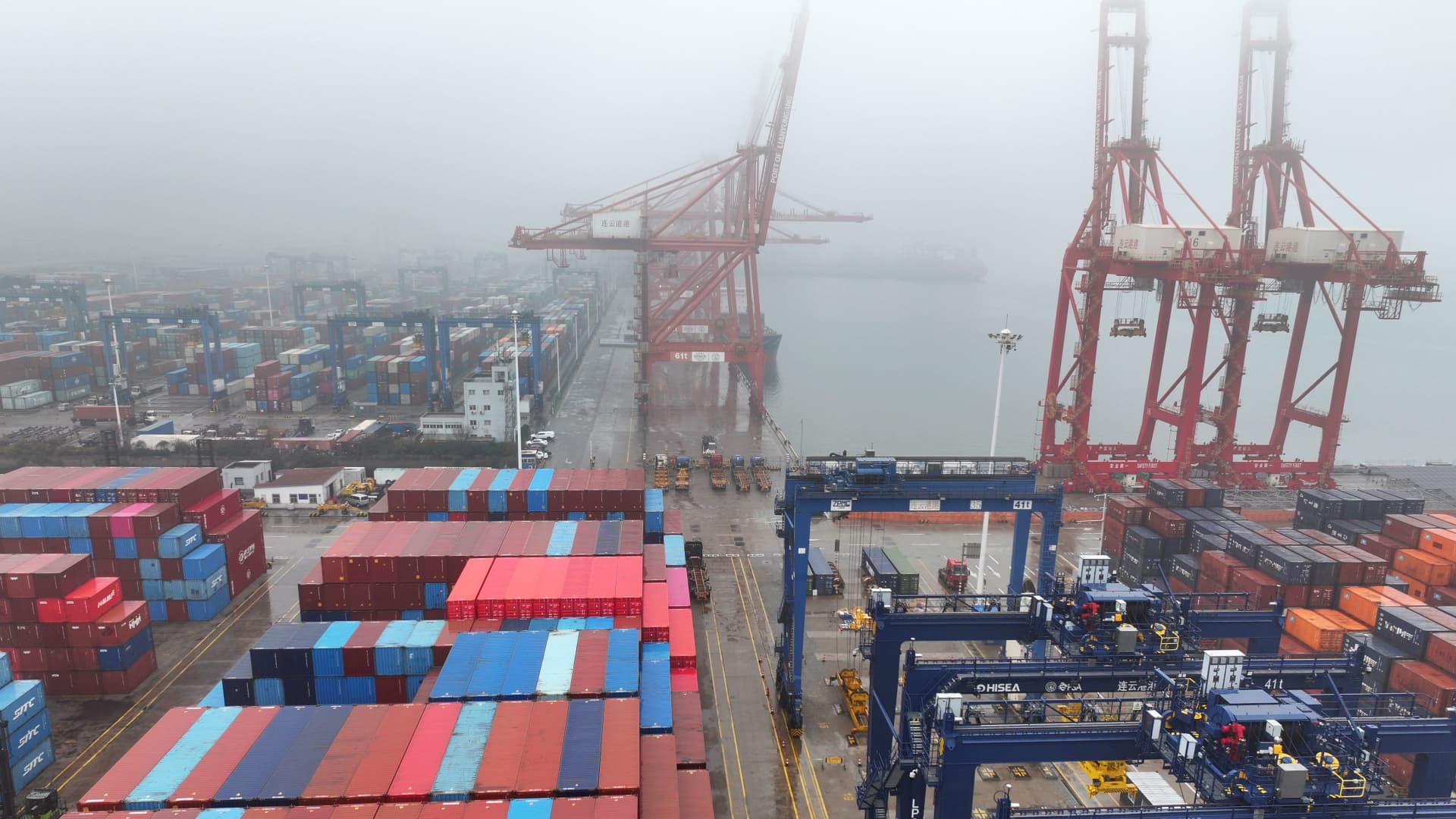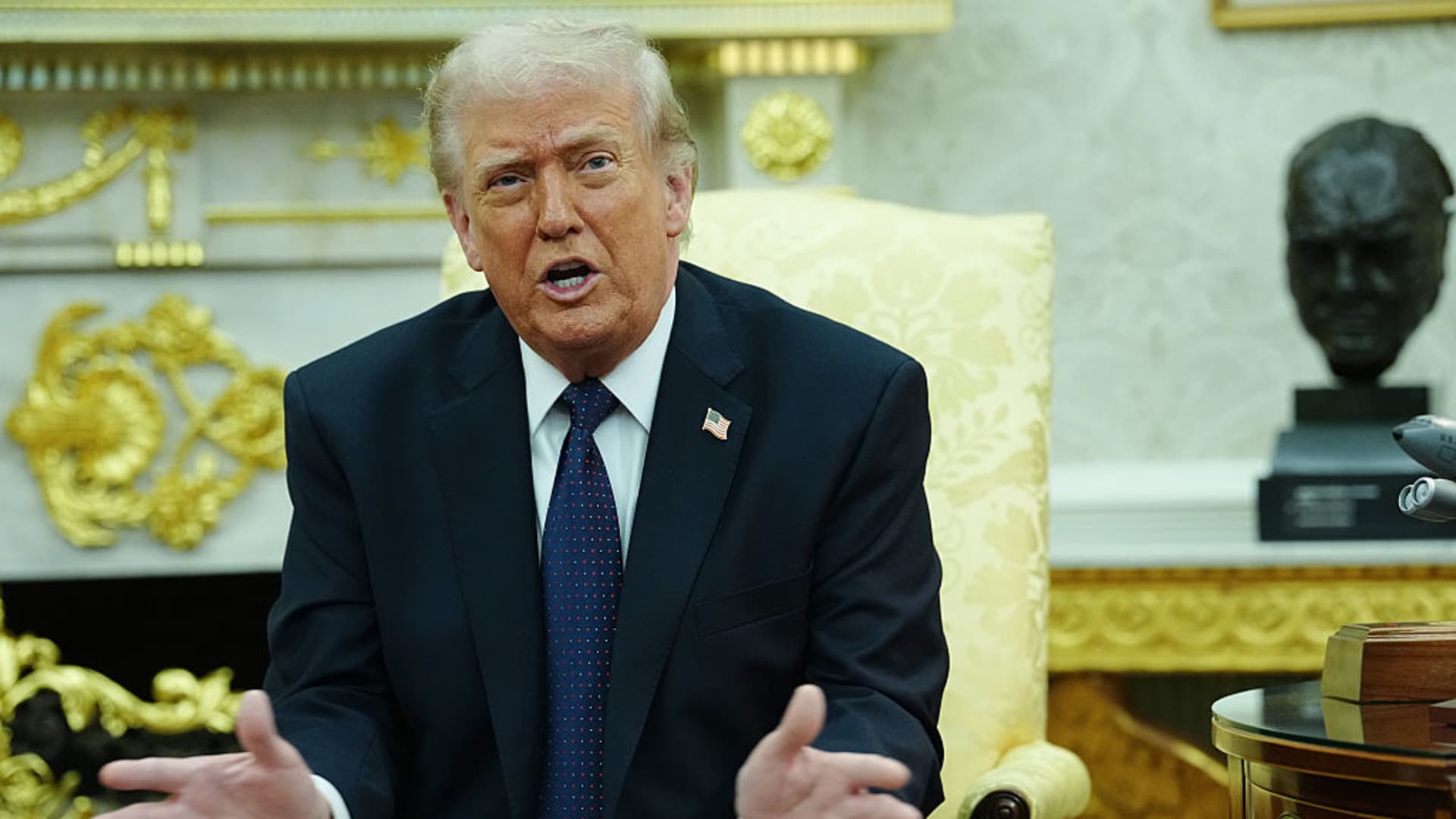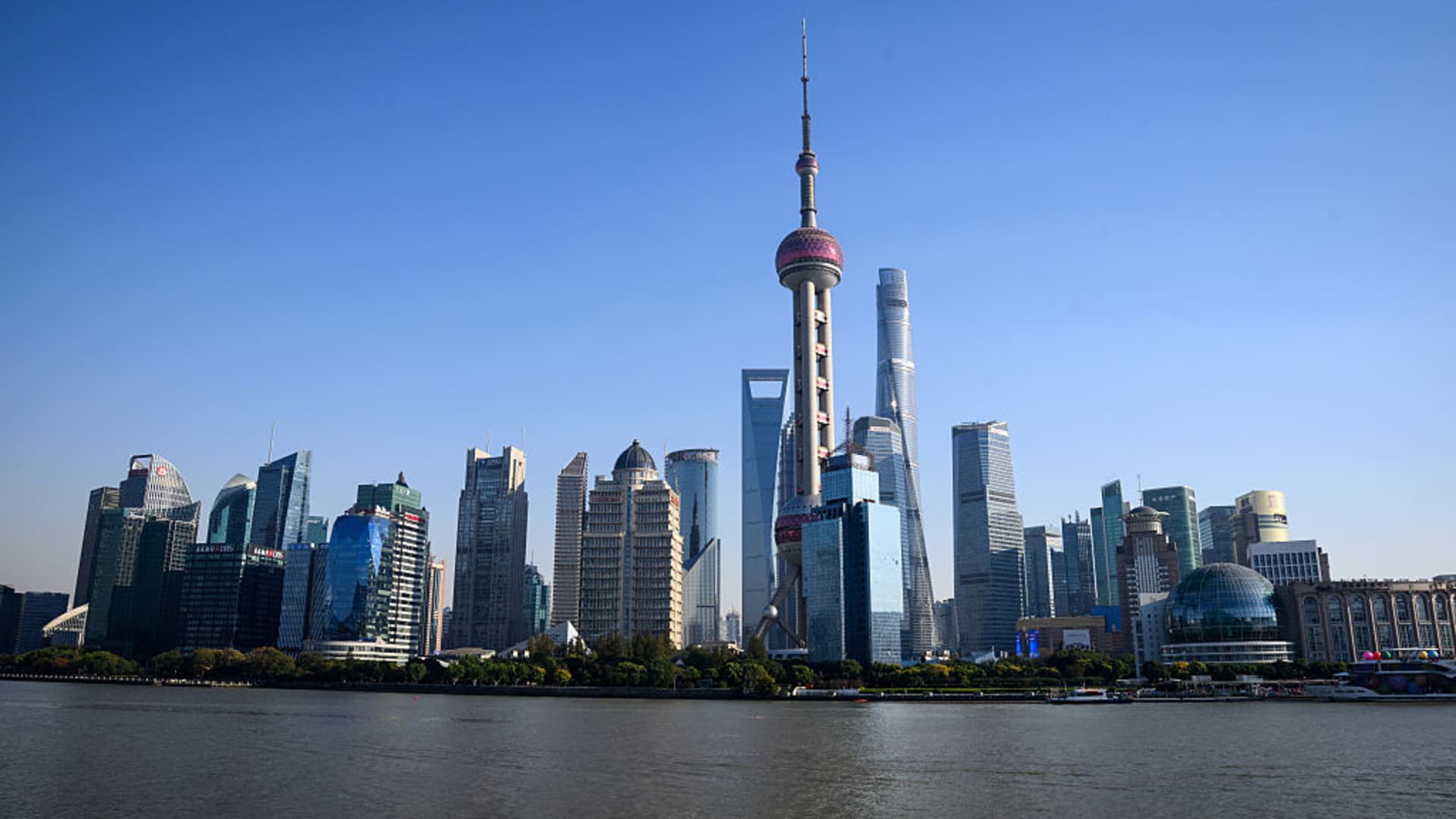Breitling says Trump’s 39% tariffs are ‘horrible’ for Switzerland
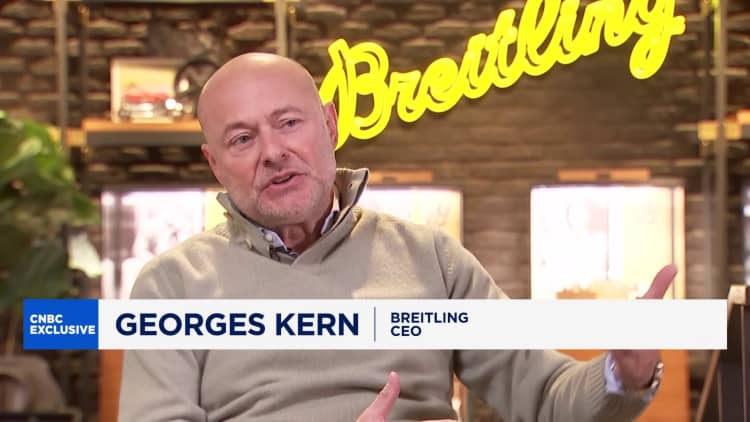
An exterior view of the Breitling Swiss luxury watch store in New Bond Street, Mayfair on February 17, 2025 in London, United Kingdom.
John Keeble | Getty Images News | Getty Images
Tariffs of 39% that were slapped on Swiss goods by U.S. President Donald Trump have been “horrible” for Switzerland, the chief executive of Swiss luxury watchmaker Breitling told CNBC.
“These [duties] were terrible news, 39% tariffs is horrible,” Breitling’s Georges Kern said.
“Swiss politicians weren’t very well prepared,” Kern told CNBC’s Carolin Roth, adding that the government did not seem to understand how to negotiate with the “business people” of the Trump administration.
Breitling luxury watch prices have increased by 4% globally to balance the cost of tariffs, with average prices rising from $4,300 to $7,200.

In August, the White House imposed 39% trade tariffs on Swiss exports to the U.S., citing the country’s large trade surplus with the States as the main justification for the hike. The Swiss government refrained from retaliatory measures, choosing instead to continue negotiations with Washington. No trade deal has been reached yet.
Following Trump’s tariffs announcement, Swiss watch exports drop by 16.5% in August from a year earlier, according to the Federation of the Swiss Watchmaking Industry. Similarly, Barclays wrote in a note in October that Swiss watch exports dropped by 3.1% year on year in September.
Usually Switzerland’s largest export market, this decline was almost exclusively driven by the U.S., where exports plunged 56% after earlier spikes in April and July, linked to anticipation of U.S. tariff measures. Export volumes to the U.K. and Japan were higher than those to the U.S. over the same period.
Luxury recovery?
The CEO acknowledged that the market has been ‘”tough,” citing a “very long-lasting crisis” facing the luxury sector, underpinned by a post-pandemic slump, inflation and Chinese economic slowdown.
Accounting for only 4-5% of Breitling’s revenue, Kern said he was surprised at the growth of the company’s recent China sales growth.
“China became more positive over the last couple of months. I think the downtrend stopped, stabilized,”
Luca Solca, Bernstein’s managing director of Global Luxury Goods agreed, telling CNBC that “Chinese demand is gradually improving,” and that “assuming this continues in the fourth quarter of 2025, this is consistent with a U-shaped Chinese demand recovery scenario.”
He cautioned, however, that he expected luxury watches “will be under pressure for a while.”
“Watches are a low frequency purchase,” he said. “Most people who wanted to buy a watch, bought one in the post Covid-19 boom in 2021, 2022, and the first half of 2023.”
Breitling’s Georges Kern rejected the suggestion of a wider luxury watch recession.
“The U.S. is really booming,” he said, adding that consumer sentiment is “very positive.”
He also branded the Middle East a “booming environment” with “very good” sales, and said he’s “convinced” consumer sentiment will improve following the Gaza ceasefire agreement.
The company is also recording an uptick in demand across South and Latin America, supported by favorable demographics, as well as in markets such as Indonesia, Malaysia, and the Philippines.
Kern remained bullish in his long term outlook for the sector, citing human optimism and luxury’s enduring emotional appeal, stating, “In the long run, I think the luxury industry will remain one of the best industries to be in for any investor.”
<
